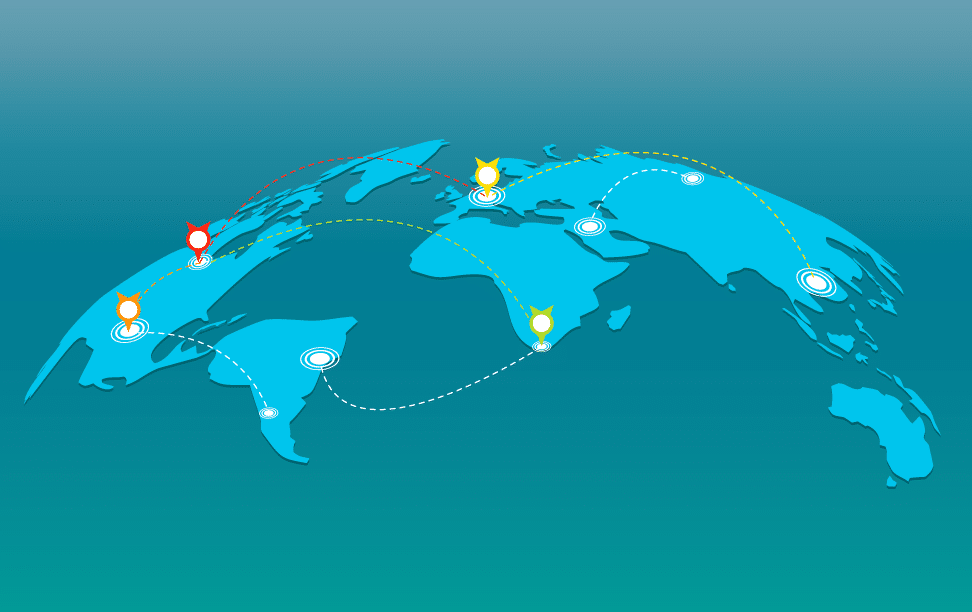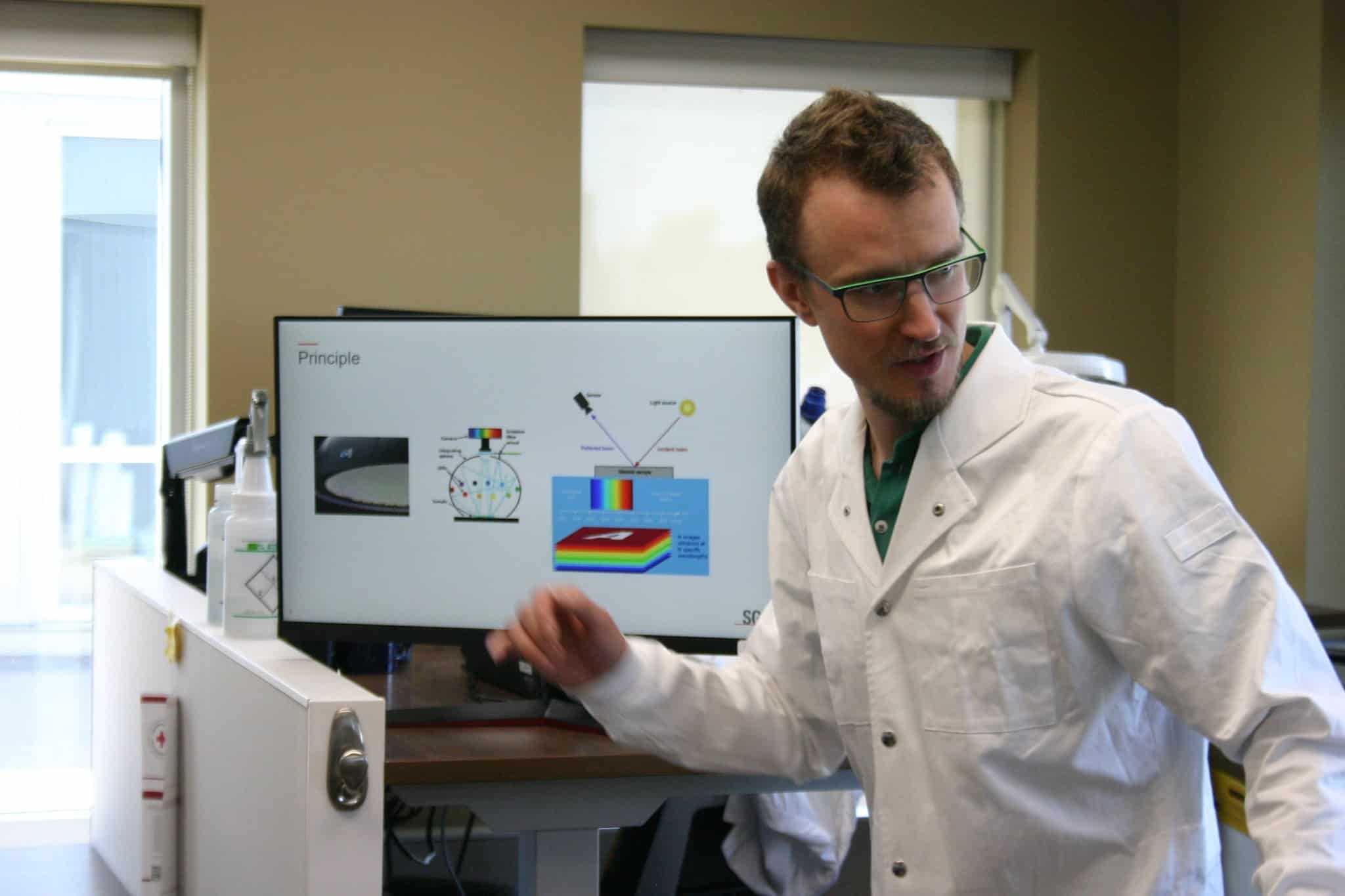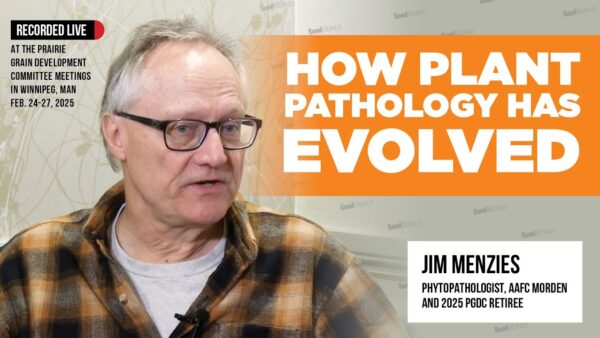Moving seed right now can be a challenge, what with shipping delays and all sorts of other complications. Working with a seed lab that is able to analyze and ensure conformity fast and easily is essential on a number of fronts, says Holly Gelech of SGS Canada based in Sherwood Park, Alta.
Here’s some things to look for in a lab when enabling fast and easy movement is your priority:
International Export
Does the lab have International Seed Testing Association (ISTA) accreditation?
SGS Canada does. This allows it to issue orange and blue international certificates to confirm the quality of the seed lots moving internationally. SGS is accredited for a massive suite of testing from germination to other seed determination, percent purity, seed size including thousand kernel weight, moisture and tetrazolium testing. SGS also offers ISTA sampler training.
Is the lab an authorized exporter?
SGS also provides European grade reports, which are specific to seed that’s going into the European Union. That makes SGS an authorized exporter lab on top of an ISTA-accredited laboratory, which is essential to facilitating seed movement across borders.
Export to the United States
How it works:
Seed exported to the United States typically goes through the Animal and Plant Health Inspection Service (APHIS) stream that is monitored and chaired by the United States Department of Agriculture (USDA).
Experience Necessary:
From a diagnostic perspective, there’s a federal noxious weed exam followed by the creation of an APHIS document that follows the load of seed into the United States. SGS also conducts seed testing based off of rules determined by the Association of Official Seed Analysts (AOSA), which are quite different from the Canadian seed testing rules.
Import into Canada
Checks and Balances:
SGS Canada is accredited by the Canadian Food Inspection Agency to conduct seed import conformity assessments, which is a review of documentation ensuring that the correct testing was done to bring that seed into Canada.
Cross-Border Relationships are Key:
Much of the seed that is imported into Canada from the U.S., whether it be a crop species such as corn, soybean, turf mixtures, grasses or cereals, gets tested at the SGS Brookings laboratory in South Dakota. SGS Canada actively partners with the Brookings lab to help facilitate seed coming into Canada.
Need for Speed

SGS Canada is known for expediting seed testing quickly. Staffing levels that are complimentary to the requirements of the seed industry for fast movement, combined with the expertise of its staff, make moving seed with the help of SGS very easy.












